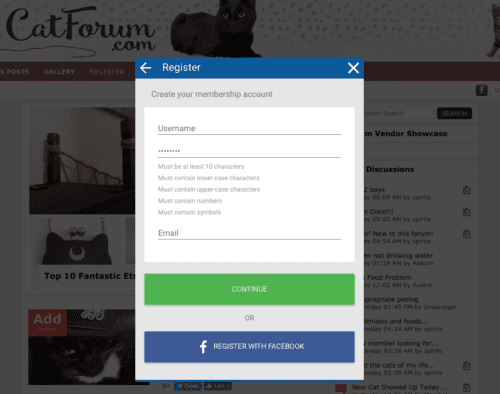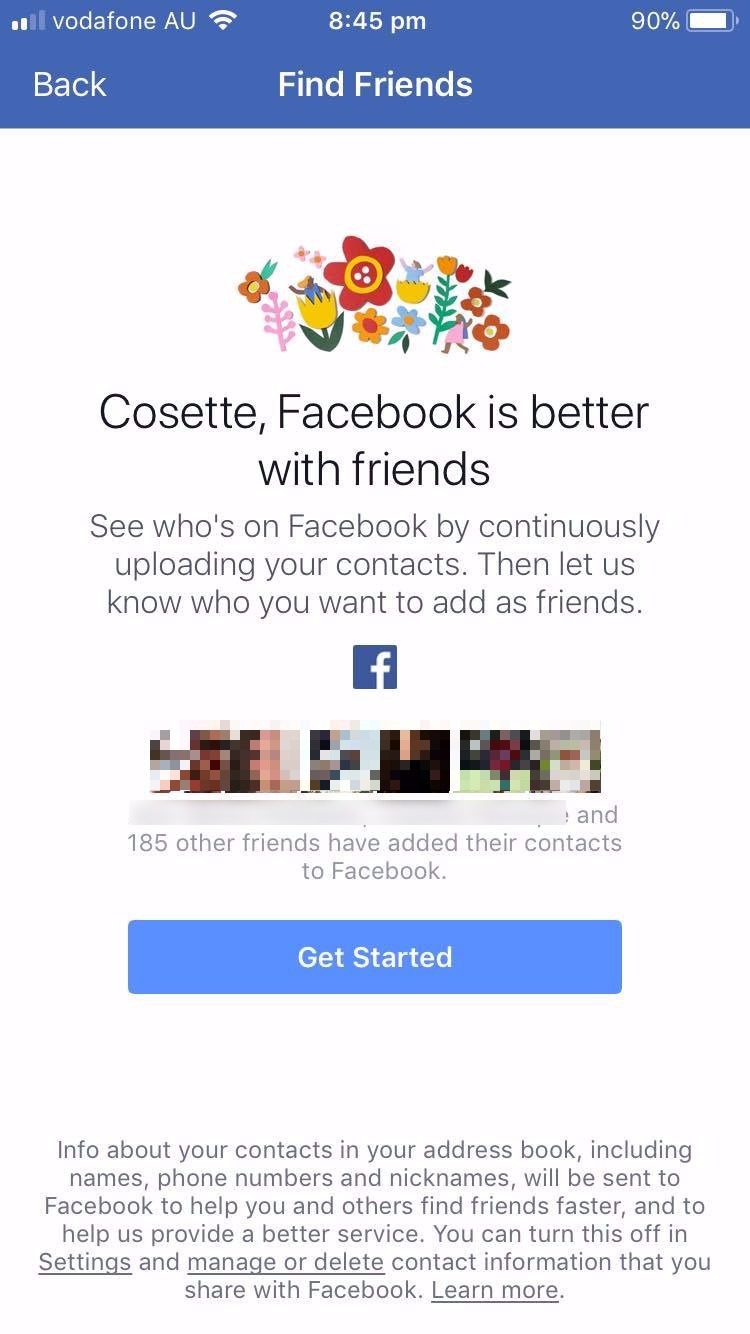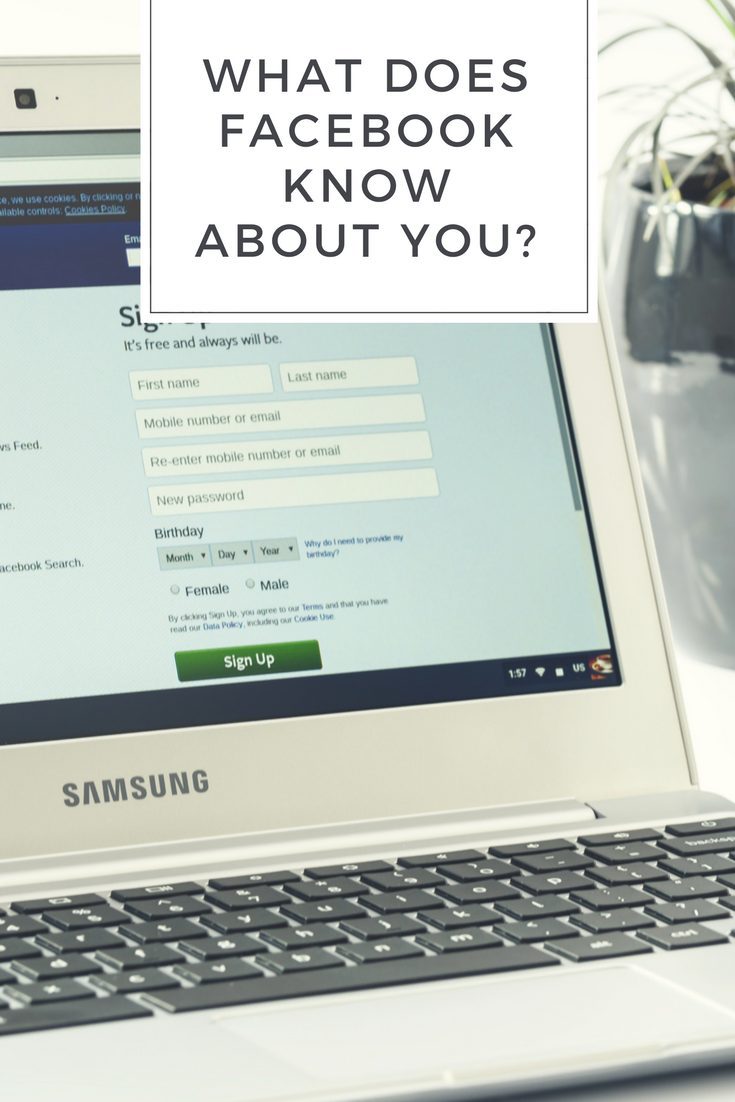I’ve been working in digital communications for about eight years. I’ve spent most of that time as an online community and social media manager. Family and friends often ask me questions about Facebook. As I scroll through conversations, I also spot naive comments from users about what Facebook does and how.
For example, in response to a story about the Russian-bought ads, I read a comment from a woman expressing sadness and disappointment. She said that she thought Facebook was a place to connect with friends and what’s all this other stuff? It is a place to connect with friends, but it’s a lot more than that.
What is Facebook really?
What does it do?
And how does it do it?
Facebook is a social network and a for-profit corporation. It’s important to connect these dots.
- It has over 2 billion monthly active users around the world.
- In 2016, its total revenue earnings were $27.638 billion.
- Most of this revenue comes from advertising.
- It has over 3 million active advertisers. More than 70% of them are from outside the US.
Advertising isn’t a gamble. It’s a global multi-billion dollar industry that employs theoretical models, data, analysis, research, and psychology to create effective ads. When you see an ad on Facebook (or the Facebook-owned Instagram), it’s not a coincidence; you have been targetted. How does that company know to target you? It doesn’t, but Facebook does because it knows a lot about you.
What does Facebook know about you?
This is the single most common question I get. Facebook likes to keep this under wraps, but here is what we know that it knows:
- Your name
- Your location
- Your sex/gender
- Your age
- Your relationship status
- Your email
- Your place of employment
- Your hobbies and interests
- The languages you speak
- Your religious and political affiliations
- Your education level
- Your profession
- Your level of financial income
- Your Friends
- Data about your Friends (e.g. their names, locations, emails, places of employment, etc.)
- Data about photos you upload (this is called exif data and can include date and time the photo was taken, camera model and make, aperture, shutter speed, etc.)
- Who appears in a photo (thanks to face recognition)
We know that Facebook collects this data because it uses it for advertising. Facebook doesn’t give this information to advertisers though. It packages it as anonymous demographic and psychographic information.

For example, if I’m the owner of a local boutique that sells wedding gowns, I could create an ad that targets:
- women
- between the ages of 20 and 35
- who live in Australia (because that’s where my boutique is located and I don’t ship overseas)
- whose relationship status is Engaged
- who have an interest in weddings
- with an annual income of more than $80k
- who have already visited my website
If you happen to be one of those people and I’ve paid sufficiently, you might see my ad.
And that’s not all
Facebook knows some of the websites you visit. It learns this a few ways.
A company can upload customer data to Facebook. A business would do this to find its customers on the platform. This is not very efficient because customer databases change. Instead, companies add the Facebook pixel, a piece of code, to their websites. This reports user information back and forth between the website and social media network. This is why when you visit a website, you might later see ads for that website on Facebook (this tactic is called ‘remarketing’ and can be done with Google Adwords also). You can see what a double-edged sword this is. It’s good for the business, but it means that Facebook is collecting user data constantly from every corner of the web and tracking your web activity elsewhere.
Another way that it learns the websites you visit is through single sign-on (SSO). This means that you can use Facebook to create an account or sign in to an account on another website. For example, below is the registration form at catforum.com. You can create an account with a username, password, and email, or you can click on “Register with Facebook”. It’s fast, easy, and convenient. That’s what you’re trading for privacy.

Facebook also knows who you might know. Hence, the “People You May Know” feature, the friend finding algorithm. This works by identifying mutual friends, but also work and education information, networks you are part of, and email contacts you’ve imported.
When you sign up for the first time, Facebook asks for your email contacts so it can find friends. On the smartphone app, it invites you to “See who’s on Facebook by continuously uploading your contacts”.

187 of my friends have added their contacts to Facebook. So, even if you don’t add your information about yourself, your Friends can. And if you’ve shared your contacts, consider how many contacts you’ve had over the years, not all of them friends. Your former boss from hell. That one-night stand. The guy you bought a couch from on Gumtree. The sperm donor program that you use. Your child’s social worker. The ex-spouse’s divorce lawyer. Has Facebook ever suggested a Friend that you didn’t want to connect with?
As technology and social media scholar danah boyd says, we live in a networked era.
But Facebook and Twitter and blogs and social media have ushered in a networked era. We’re all connected. Our data is connected. Our interactions are connected. Our privacy is connected. And privacy matters, not just for the individual, but for the collective.
Facebook also knows how you feel
We can also deduce that Facebook tracks your reactions. In 2012, it performed psychological experiments on users. Earlier this year, leaked documents revealed that it showed advertisers how it has the capacity to identify when teenagers feel “insecure” and “worthless”.
Apple introduced Face ID on its iPhone X. Some people think this works via the front-facing camera, but it doesn’t. It works by bouncing 30,000 dots of infrared light off your face and back into the sensors to create a three-dimensional map of your facial landscape. It can learn changes in your face and still recognise you when you get a haircut, wear makeup, grow or shave a beard. It can’t be tricked by a photograph of you because a photo lacks depth.
What does that have to do with Facebook? It is about the technology. This Apple feature highlights Silicon Valley’s interest in emotion detection. Face ID isn’t just about unlocking the phone and Animojis. It’s also about capturing your reactions as you engage with content on your phone. Your facial expressions are data. Apple rarely does anything first, but it does things well and it makes tech popular. Apple will mainstream emotion detection. Expect to see this technology in other smartphones and in computers in the not too distant future.
Facebook is already using facial recognition to tag photos and to confirm logins. You can bet on it expanding its use of facial recognition and using that data for advertising.


